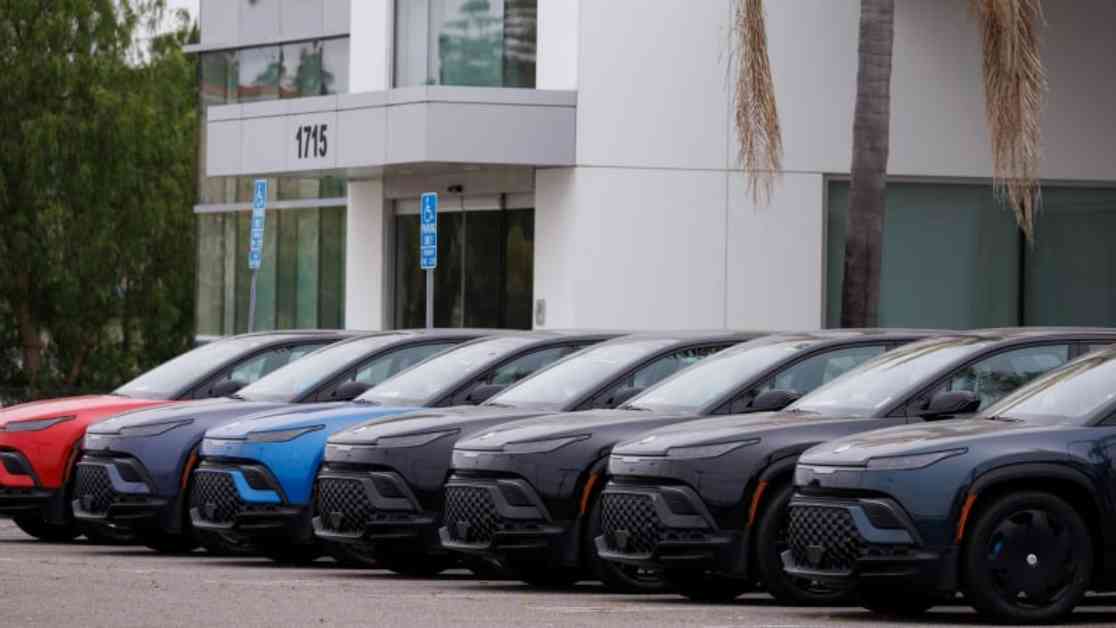Electric vehicle startup Fisker is on the brink of liquidation, according to attorneys in U.S. bankruptcy court. The company filed for bankruptcy protection in Delaware after struggling to finance the production of its Ocean SUVs. Initially, Fisker had hoped to secure additional funding and continue operations on a reduced scale, but it seems unlikely at this point.
During a hearing in Wilmington, Fisker’s attorney, Brian Resnick, revealed that the company is now planning to liquidate its assets. A potential deal has been reached with a buyer interested in acquiring all 4,300 of Fisker’s vehicles. Despite efforts to stay afloat, Fisker, founded by Henrik Fisker, has never turned a profit. In 2023, the company reported $273 million in revenue but suffered a net loss of $940 million.
The situation is further complicated by Fisker’s substantial debt totaling over $850 million owed to bondholders. Two factions of creditors are now at odds over who should receive payment priority. A minority group led by Heights Capital Management has been accused of taking control of Fisker’s debt through questionable means, which has put them in a favorable position for repayment.
Attorneys representing other bondholders argue that Heights’ actions were unjust and that Fisker should have filed for bankruptcy sooner. They plan to contest the agreement that gives Heights preferential treatment in the repayment process. However, Heights maintains that their intentions were to assist Fisker in surviving its financial struggles.
Despite the impending sale of Fisker’s vehicle fleet, it is unlikely that all creditors will be fully repaid. Heights, with a debt of $185 million, may only recoup a fraction of that amount from the asset liquidation. This leaves little hope for other creditors to recover their investments.
The U.S. Department of Justice’s bankruptcy watchdog noted that Heights currently holds significant leverage in the situation, indicating that Fisker’s bankruptcy may transition to a Chapter 7 liquidation once the vehicle sale is finalized. The failure of Fisker to secure a partnership with a major vehicle manufacturer earlier this year, rumored to be Nissan, was a significant blow to the company’s prospects.
The challenges faced by Fisker are not unique in the electric vehicle industry, with other companies like Proterra, Lordstown, and Electric Last Mile Solutions also filing for bankruptcy recently. Issues such as declining demand, difficulty in fundraising, and supply chain disruptions have plagued many players in the EV market, highlighting the fierce competition and financial risks involved in the sector.










